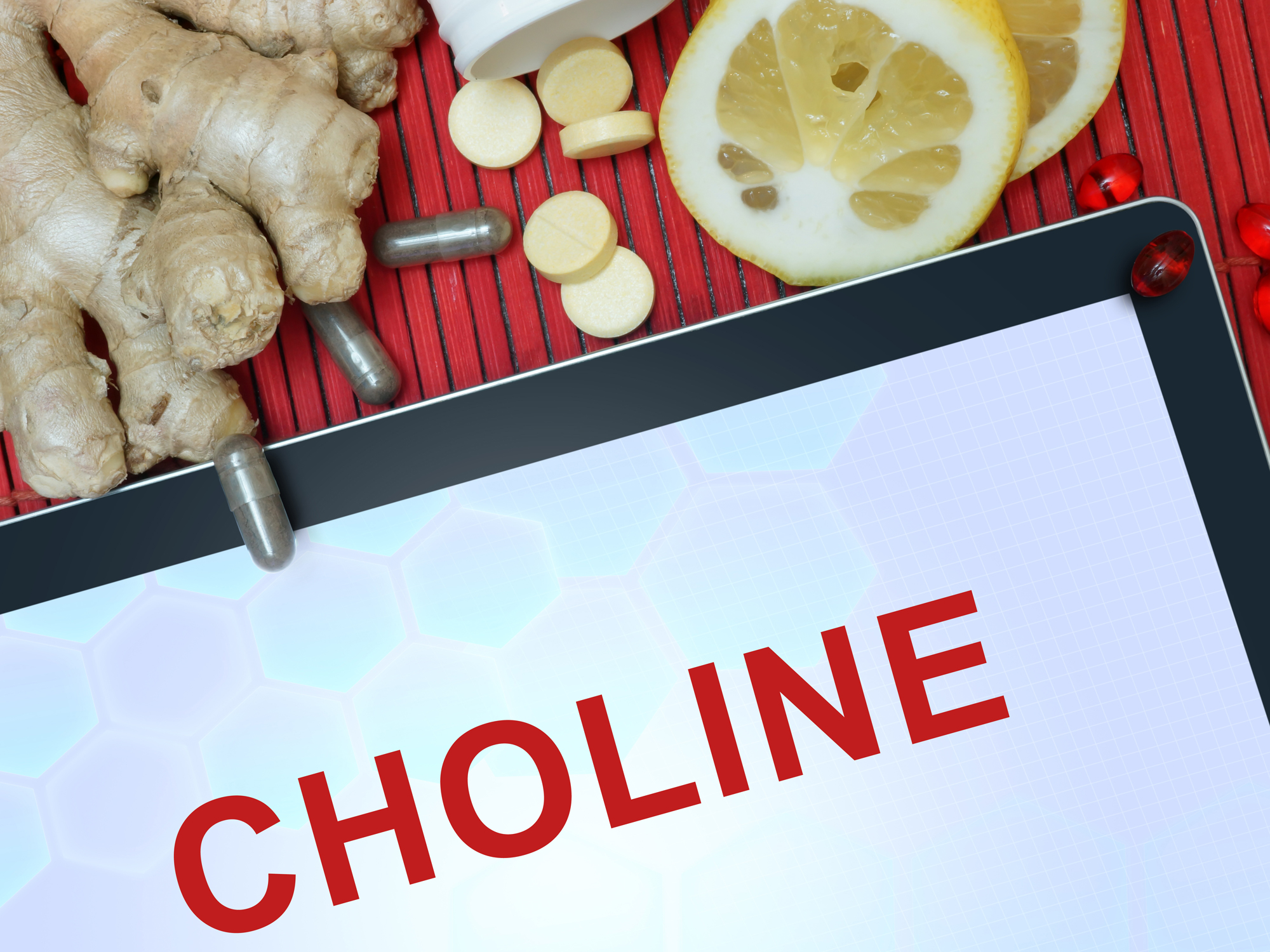Get Easy Health Digest™ in your inbox and don’t miss a thing when you subscribe today. Plus, get the free bonus report, Mother Nature’s Tips, Tricks and Remedies for Cholesterol, Blood Pressure & Blood Sugar as my way of saying welcome to the community!
Why you need choline and how to get it

Choline may be a nutrient you’ve never heard of before. Yet, its role in health may be grossly underestimated…
Choline is a vitamin-like essential nutrient involved in metabolism, transport of lipids, cellular reactions, and the synthesis of neurotransmitters.
Low choline intake (more common) can cause more fat to gather in the liver (non-alcoholic fatty liver disease), liver and muscle damage, and impaired cognitive function. While high choline intake (less common) may result in lower blood pressure, sweating, digestive issues, and can put you at higher risk of colorectal cancer.
In animal studies, choline deficient rats have altered bone remodelling, reduced bone formation, increased bone resorption, and decreased overall bone mass.
Most recently, a human analysis on the dietary intake of choline has also discovered it plays an essential role in bone health…
Looking at 5,278 participants’ diets, researchers compared their dietary intake of choline with measurements of their bone mineral density.
They discovered that the average choline intake was significantly lower than the daily recommended intake — 255 mg/d for women and 259 mg/d for men aged 46–49 years, and for older adults 71-74 years, the intake was 265 mg/d for women and 258 mg/d for men.
Compare this to the recommended 425 mg/d for women and 550 mg/d for men — that’s a 160+ mg daily deficit!
Another 14-year analysis of more than 14,000 middle-aged American participants has also shown that the typical choline intake is much lower than desired, similar to the amounts mentioned above.
As you can imagine, a 160+ mg deficit, day-after-day, really adds up!
Not surprisingly, participants in the study with the lowest choline intakes were more prone to low bone mineral density, particularly in the middle aged group of men and the older group of women.
The major reason this finding is so important is due to osteoporosis…
Osteoporosis is a condition of weakened bones that results in much higher risk of fracture, particularly as you age. Unfortunately osteoporosis is fairly common, affecting an estimated 75 million Americans each year.
According to the International Osteoporosis Foundation, a 10 percent decrease in bone mass, doubles your risk of vertebral fractures and increases your risk of hip fracture 2.5 times.
This means anything you can do to improve bone health is obviously a great idea!
While your body can synthesize some choline internally, it is not sufficient to meet the body’s needs. And since we know most people aren’t getting enough, you need to consume choline-rich foods to make sure you get your daily bone-building dose.
Great food sources include:
- Turkey breast – 757 mg per one breast
- Beef liver – 356 mg in 3 ounces (about the size of a deck of cards)
- Salmon, red – 241 mg in one fillet
- Ground turkey – 230 mg in one pound
- Eggs (particularly the yolks) – 146 mg in one large egg
- Lean beef – 97 mg in 3 ounces
- Edamame – 87 mg in one cup
- Collards – 76 mg in one cup
- Salmon, pink canned – 75 mg in 3 ounces
- Chicken breast, roasted – 73 mg in 3 ounces
- Brussels sprouts and broccoli – 63 mg in one cup
- Cauliflower – 60 mg in one cup
- Peanut butter, smooth – 20 mg in 2 tablespoons
Sources:
-
Øyen J, et al. Dietary Choline Intake Is Directly Associated with Bone Mineral Density in the Hordaland Health Study. — J Nutr 2017;147:572–8.
-
FACTS AND STATISTICS — Iofbonehealth.org. (2017). Retrieved 3 May, 2017
-
Choline — Oregonstate.edu. (2014). Retrieved 3 May, 2017












